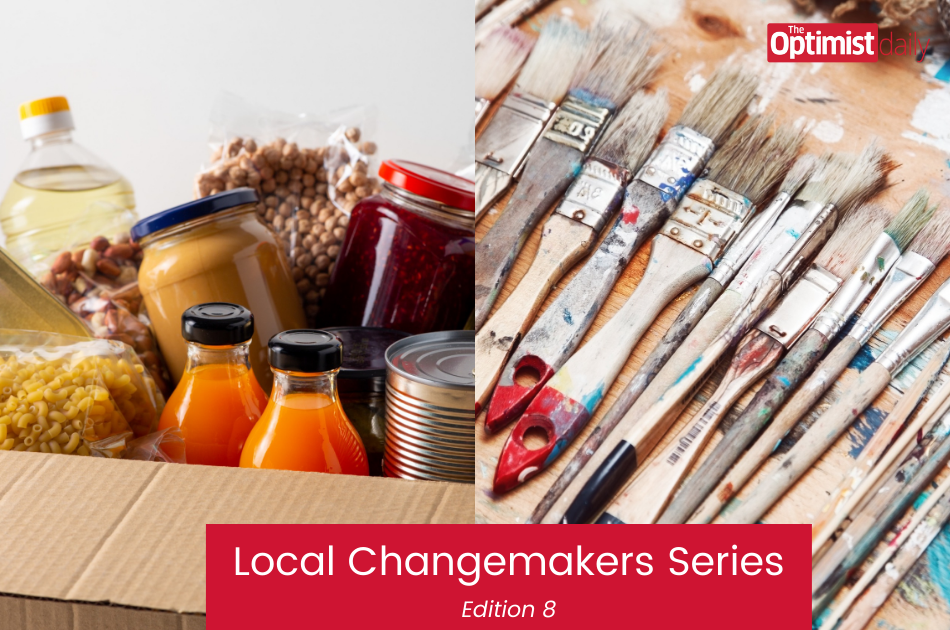The Covid-19 crisis has made us adjust and adapt to life in the midst of a pandemic. In the name of health and safety, we’ve lost out on many planned events and have had to cancel, postpone, or reconceptualize how we celebrate life’s milestones. One of the biggest realizations? Sometimes less is truly more, especially when it comes to matters of the heart.
The pandemic has been intense for couples, especially those on the cusp of marriage. Social distancing and isolation, travel restrictions, and financial losses are just a few of the factors that have forced couples to abandon their wedding plans or to recreate them so that their big day becomes, well, small.
Image-sharing site Pinterest has reported a 160 percent increase in searches for “small back garden weddings,” while searches for both “simple wedding cake 1 tier,” and “registry office wedding outfit,” have doubled.
“I think that [this shift] can only be good,” says Dr. Mary Harrod, co-editor of the book Imagining “We” in the Age of “I” and associate professor in the School of Modern Languages and Cultures at the University of Warwick. “It’s about escaping that pressure to spend so much money, and escaping capitalism encroaching on all walks of life, even on something that should really be very personal and outside those circuits of power.”
Imagining “We” in the Age of “I,” explores the shifts in intimate culture, and the perceived “ambivalence about romantic love.” Though she admits that the book leans into a more pessimistic tone, one of the positive changes, in Harrod’s opinion, is the movement towards micro-weddings, where the true meaning of the day is shared with a small number of guests rather than giving way to the spectacle of it all.
Harrod’s colleague Suzanne Leonard’s research shows that the ever-climbing costs of weddings in the US were making marriage an indication of class because it was becoming so unaffordable.
“The tail was wagging the dog,” Harrod says. “At a time when marriage seems less and less important, the wedding was getting more and more important. However, there’s a huge change now. During the pandemic, people couldn’t have these big ceremonies, and they began asking themselves: ‘Is it about spectacle and the party, or is it about the few people I really care about—something more meaningful?’ Perhaps the idea will last.”
Even though throwing a smaller wedding celebration was, for many couples, a necessity rather than a choice, Jane Caterer, who runs Cornwall-based Petite Weddings, believes the concept of a “minimony” will stick. “The current climate has normalized the idea of having a small wedding and made them more acceptable. We don’t see demand for these smaller, more heartfelt, and personal celebrations of love stemming anytime soon.”
While some are taking advantage of this historic moment to break wedding conventions and get married the way they really want, others are embracing the positive environmental impacts of minimal, slow living.












